How to support those with neurodiversity at Christmas

Colourful decorations, bright lights and crowded gatherings can be overstimulating for neurodivergent people
- Published
An autism charity has shared it's top tips on helping neurodivergent people enjoy Christmas in their own way.
Bristol Autism Support (BAS) said it is important to be "flexible and adaptable" by understanding people's individual needs and making accommodations to meet them.
The festive season can often be overstimulating for neurodivergent people due to colourful decorations, bright lights, strong scents, loud music, crowded gatherings and unfamiliar food.
Louise Mills, operations manager at BAS, said: "Whilst this brings joy to many of us, it will also be challenging and overwhelming for some neurodivergent people."
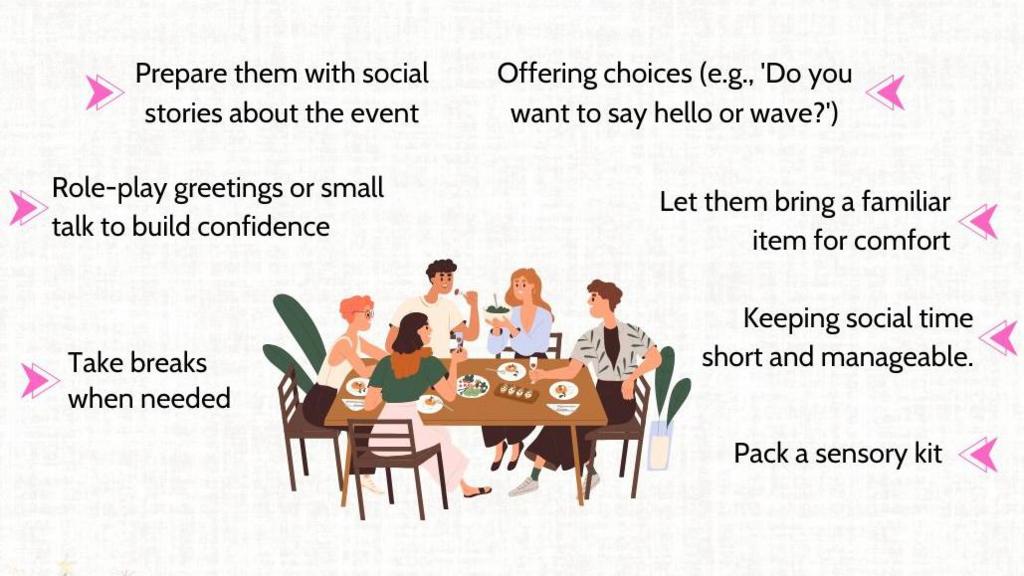
The charity has offered advice on how to prepare neurodivergent people for social gatherings during the festive period
Christmas brings change to usual routines and activities, and for many neurodivergent people, this can lead to uncertainty and anxiety.
In addition, the daily struggles neurodivergent people face, with regards to attention difficulties, impulsivity and organisation, can become amplified.
Dr Hollie Hearfield, a consultant psychiatrist and ADHD specialist, said it is vital to remember that neurodiversity looks different for everyone.
"We shouldn't really make any presumptions about how to support anybody," she said.
"At this time of year, a lot of neurodivergent people will just be tolerating certain things, and you won't know if they're struggling with it or not.
"So the best thing to do is just ask them, and when they tell you, you need to believe them."
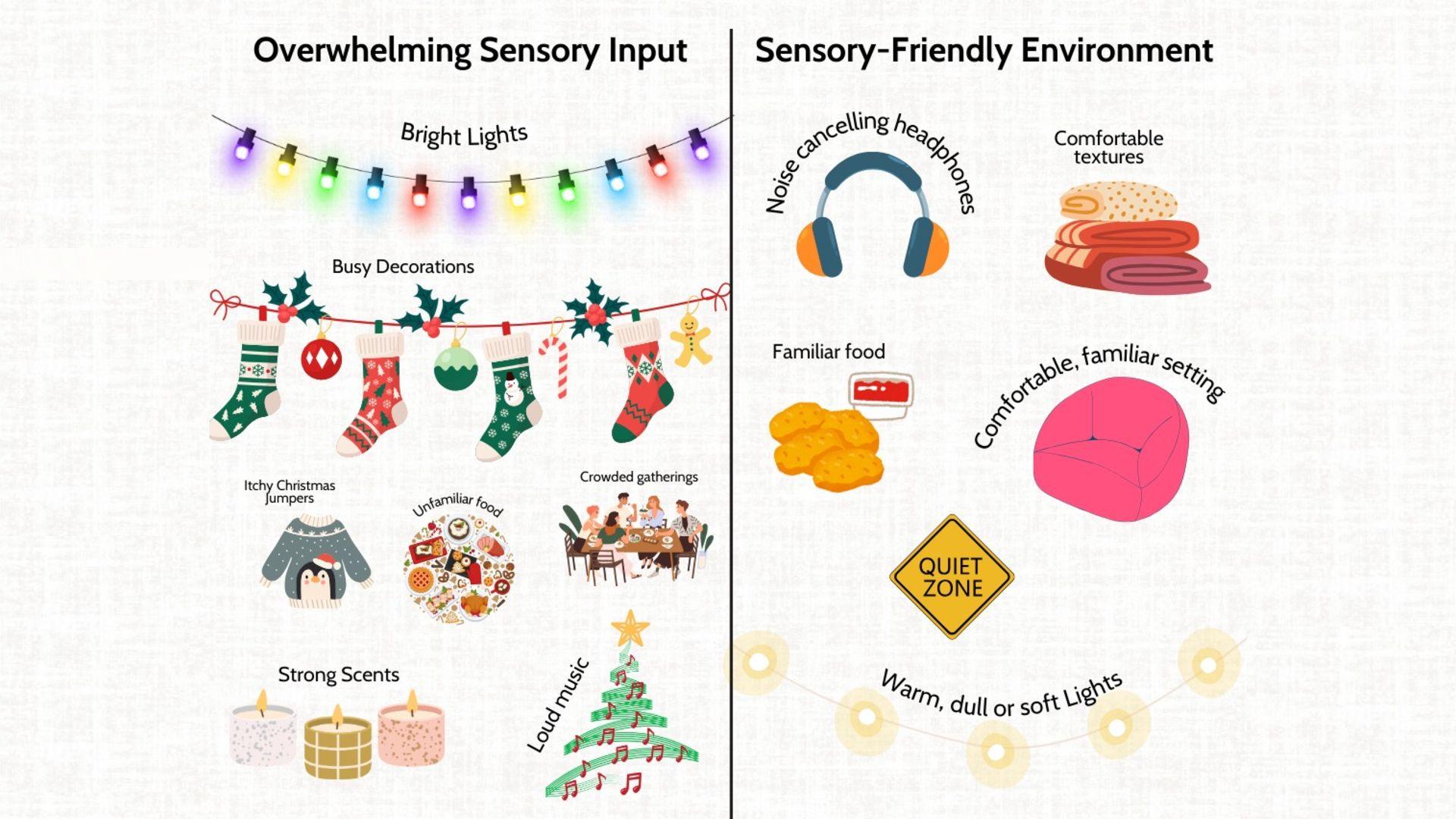
Familiar food, noise-cancelling headphones and comfortable clothing can make for a sensory-friendly environment
Ms Mills said it is easy to get "caught up in social expectations" at this time of year, and feel pressured into participating in conventional celebrations.
"Just remember the most important thing is to enjoy the season, and sometimes, that means doing things a little differently," she said.
Sapna Boden, from Bristol, has a nine-year-old son with autism who "hates Father Christmas" and finds the festive season overwhelming.
She says balancing his needs with those of her neurotypical daughter can often be difficult to navigate, but as an autistic person herself, she understands his triggers.
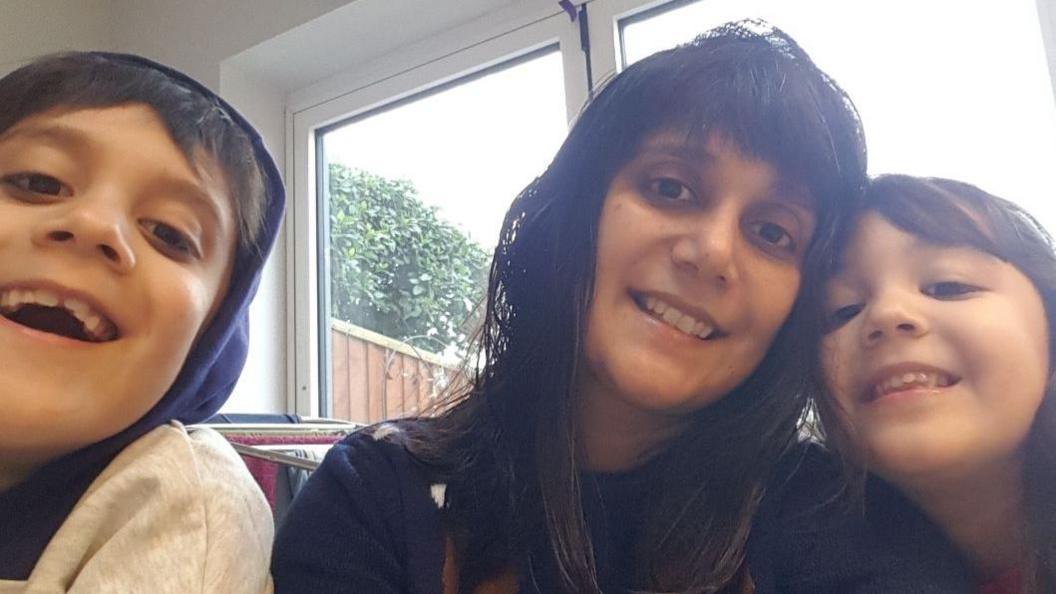
Ms Boden makes provisions for her son to feel more comfortable in social settings
"If he doesn't like his Christmas present he will blatantly say to you 'I didn't want this'," she said.
"He's not being fussy, he's not being rude or controlling, it really does affect his internal sensory system.
"Don't take offence if he doesn't like your gift or wish you a Merry Christmas, he's just not aware of it. When he's in his zone, he's in his zone."
Ms Boden said in addition to recognising when a person is dysregulated and allowing them space to decompress, it can can help to put comforting measures in place.
She suggested serving familiar foods, discussing plans beforehand, and designating a quiet room to serve as a calming refuge.
Get in touch
Tell us which stories we should cover in Bristol
Follow BBC Bristol on Facebook, external, X, external and Instagram, external. Send your story ideas to us on email or via WhatsApp on 0800 313 4630.
Related topics
- Published10 June 2024
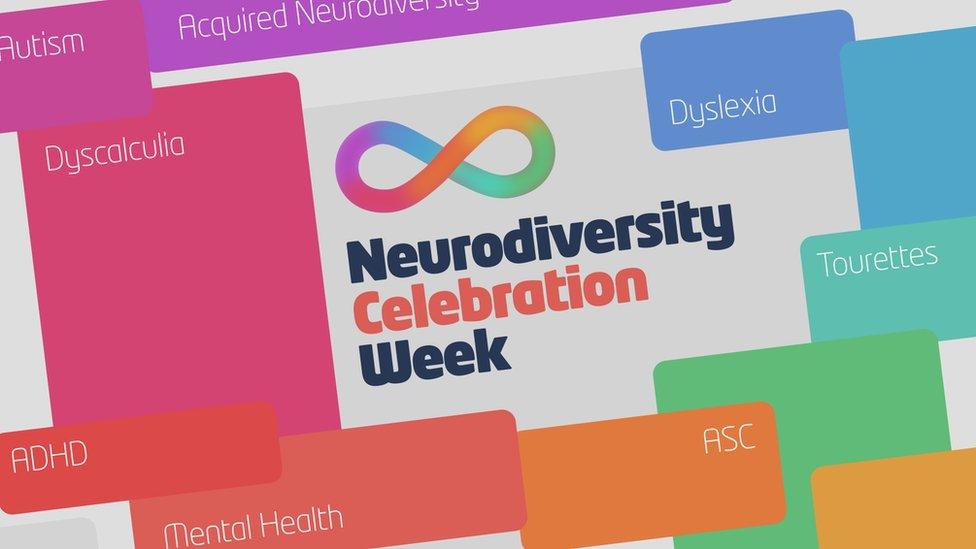
- Published19 November 2023
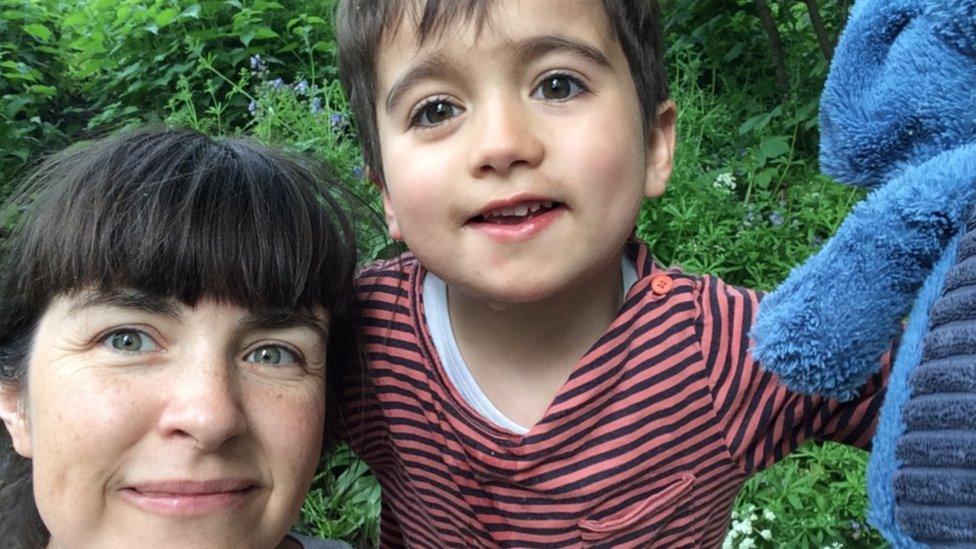
- Published3 December 2024

- Published24 November 2024
